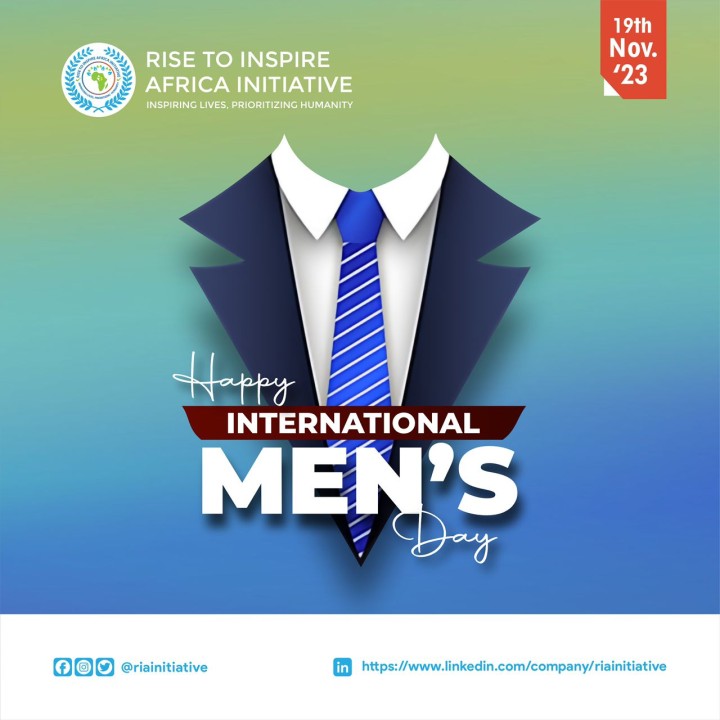International Men’s Day, celebrated annually on November 19th, provides a significant platform to address pressing issues affecting men globally. This year, the spotlight is on an urgent and critical concern: Zero Male Suicide. While conversations around mental health have gained momentum in recent years, the disproportionately high rates of male suicide underscore the need for targeted efforts and awareness. This blog post aims to shed light on the significance of International Men’s Day with a focus on achieving Zero Male Suicide, emphasizing the importance of mental health advocacy, destigmatization, and support.
Understanding the Issue
Suicide is a complex and multifaceted issue, but the alarming statistics regarding male suicide cannot be ignored. According to global data, men are three times more likely to die by suicide than women. The reasons behind this disparity are numerous, ranging from societal expectations and traditional gender norms to reluctance in seeking help due to fear of stigma. Addressing Zero Male Suicide requires a comprehensive approach that tackles these root causes and fosters an environment where men feel comfortable seeking support for their mental health.
Challenging Stigmas
One of the primary barriers to reducing male suicide rates is the persistent stigma surrounding mental health issues. Society often places unrealistic expectations on men to be stoic, resilient, and unyielding in the face of adversity. This toxic masculinity not only discourages men from expressing vulnerability but also perpetuates the harmful notion that seeking help is a sign of weakness. International Men’s Day provides an opportunity to challenge these stigmas and redefine masculinity in a way that encourages emotional openness and mental well-being.
Promoting Mental Health Awareness
To achieve Zero Male Suicide, it is imperative to promote mental health awareness and education. Initiatives that encourage open conversations about mental health, both online and offline, can help break down the barriers preventing men from seeking help. Providing information about available resources, support networks, and destigmatizing mental health conditions will contribute to creating a more supportive environment for those struggling with suicidal thoughts.
Encouraging Help-Seeking Behavior
Men often face societal pressures to handle problems independently, making it crucial to encourage help-seeking behavior. By normalizing the act of seeking professional help for mental health issues, we can dismantle the notion that vulnerability is a weakness. Employers, educational institutions, and community organizations play a pivotal role in fostering environments that prioritize mental health, offering counseling services, and promoting work-life balance.
Building Support Networks
Creating a supportive community is essential for preventing male suicide. Family, friends, and colleagues can play a crucial role in identifying warning signs and providing assistance. Additionally, initiatives that focus on building strong support networks, such as men’s groups or mentorship programs, can offer a sense of belonging and understanding.
International Men’s Day serves as a powerful reminder to address the specific challenges faced by men, particularly concerning mental health and suicide. Achieving Zero Male Suicide requires a collective effort to challenge societal norms, destigmatize mental health, and promote open conversations. By fostering a culture of empathy, understanding, and support, we can work towards a future where no man feels compelled to face his struggles alone.
This International Men’s Day, let us unite in our commitment to building a world with Zero Male Suicide.










